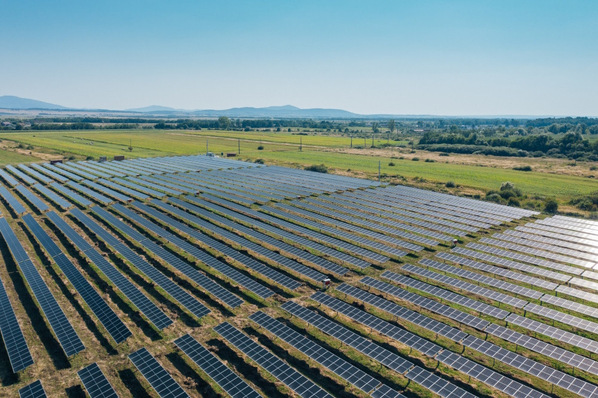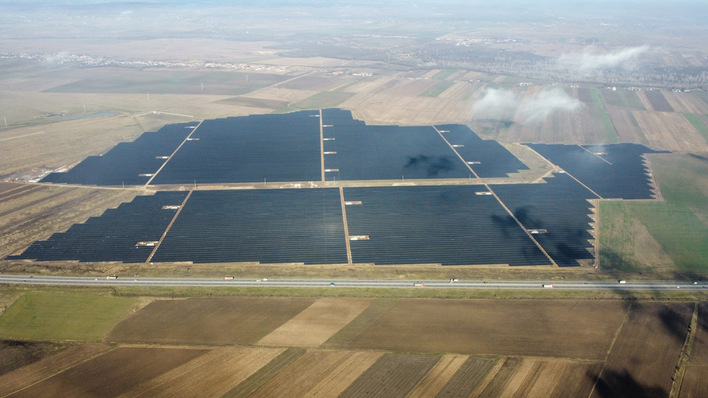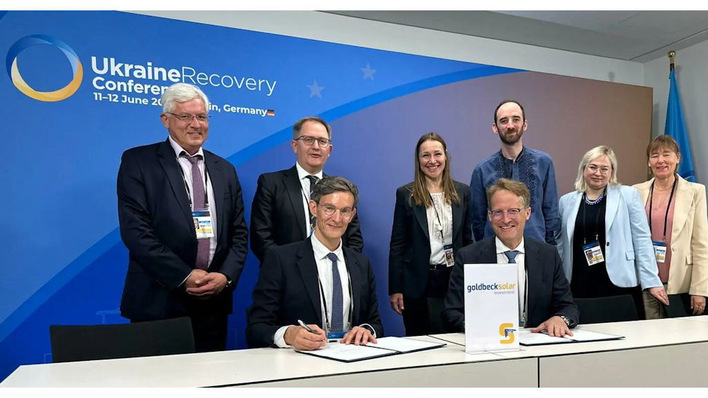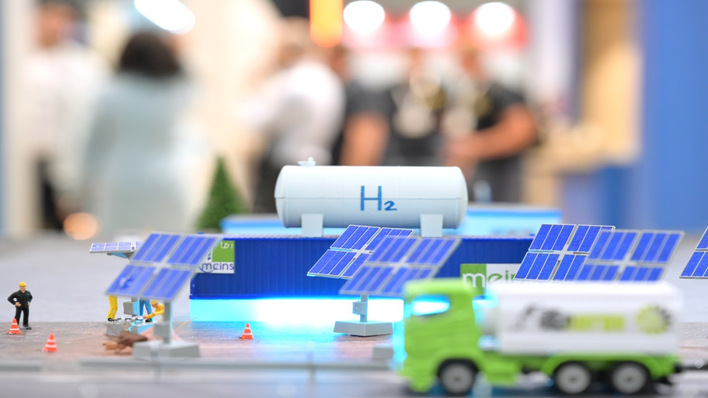2020 will be another record year for the industry in many parts of the world. But now it is important to look beyond this success. Because the energy transition is far from over. It goes deeper than what many heads of the photovoltaic industry see on the surface. Photovoltaics is a pioneering industry. But as it grows, so does the responsibility.
Reducing costs further
And so the solar industry will (have to) deal with the inherent challenges of the technology in the future. I am referring primarily to the following three areas:
Life-cycle costs will and must fall in parallel with the dependence on government subsidies in many countries. Increasing digitalisation, which makes sales, administration and after-sales processes more efficient, is also making a major contribution to this.
Better integration into the energy system
Only about 25 per cent of the electricity yield of an average photovoltaic system is generated in the winter half-year. This is precisely when energy consumption is particularly high. So the technology does not currently match demand very well. In this respect, various technological options for this will come to the fore.
Examples are power-to-X or the concept of overproduction, which envisages installing so many low-cost systems that demand can be met in the winter half-year with 25 per cent yield.
Using vertical surfaces
The Swiss engineers at Basler & Hofmann have currently drawn up a scenario for Switzerland that would make it possible to increase the winter electricity share of the total plant park to 36 per cent by increasing the construction of vertical plants (i.e. also on facades, for example).
See also: 12,000 square kilometres free for solar facades
The better integration of facades in buildings will become a major issue, as this will strengthen the backing in architecture for photovoltaics in the future.
Resource efficiency and recycling
Photovoltaics will be a very widespread technology in the near future. As with any widespread technology, resource efficiency and recycling will have to be important items on the agenda.
If we continue to work progressively in these areas, I am confident that photovoltaics can and will be an important part of a sustainable energy future.
Matthias Wiget is the Managing Director of Eturnity AG in Chur in Switzerland. (mfo)








